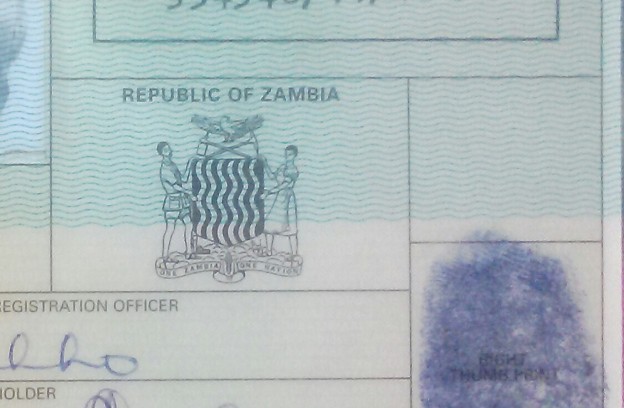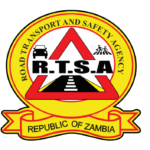By MWANSA PINTU
GOVERNMENT, through the Department of National Registration, Passports and Citizenship (DNRPC), has opened enrollment people into the Integrated National Registration Information System (INRIS).
[ihc-hide-content ihc_mb_type=”show” ihc_mb_who=”4,5,6″ ihc_mb_template=”2″ ]
The INRIS is the Civil Registration and Legal Identity information management system that has been developed to be used by DNRPC to provide civil registration and legal identity services.
Deputy project manager for INRIS Lisuba Kabanda disclosed in an interview in Lusaka that the deployment of INRIS started last year and has already been rolled out in 79 districts.
“All city and municipal councils are already covered. We are only remaining with some district councils. Those districts where deployment is pending, Government is working on providing office space and as well as reliable internet to be able to deploy INRIS,” he said.
Mr. Kabanda stated that the National Registration Card (NRC) upgrading programme is being undertaken in a phased manner starting with the enrolment of all eligible persons and thereafter, the Ministry of Home Affairs and Internal Security will provide details on card issuance through authorised channels.
He explained that the new NRC will have biometric enabled security features which include one-to-one biometric validation, such as facial or finger prints. This will make it difficult for people to manipulate the document.
Further, the INRIS provides functionalities that facilitate electronic integrations that will permit integration with stakeholder institutions. This functionality will enhance service delivery efficiencies in the economy.
“Banks, for instance, will not ask you to return another day in order for them to verify your details but will offer you services the same day because the INRIS will facilitate real time Electronic-Know-Your-Customer Services (eKYC),” he said.
Mr. Kabanda observed that it was inevitable to upgrade to digital platform because the manual NRC had experienced lots of challenges which could not be resolved with the current manual platform, particularly the duplication of cards.
According to media reports, NAPSA, for instance, recorded 86,000 duplicate NRCs during the partial withdraws.
Mr. Kabanda explained that the approach now is to close the identity gap in Zambia to avoid foreigners from taking advantage of the system.
He said this is also in line with the UN recommendation of leaving no one behind in the provision of legal identity.
“Persons will be allocated a legal identity number at birth registration which will be used as their citizenship identifier for the rest of their lives,” he stated.
He appealed to the public to come forward and have themselves enrolled in the INRIS.
Mr. Kabanda said persons already with NRCs, will only require to present their cards to upgrade to the new system while those acquiring NRCs for the first time (at 16 years), will have to follow the normal procedure for acquisition of new NRCs. They need to be accompanied by their parents, guardians or other close relatives.
He disclosed that the Department has embarked on an on-going public sensitisation on the change of NRCs, and is also working with traditional leaders to sensitise the public on INRIS.
“We have adverts on Facebook, and in addition, we have been doing sensitisation programmes on television and various commercial and community radio stations,” he said.
Mr. Kabanda stated that the department will also intensify information dissemination on the NRCs upgrading programme through working with the Ministry of Information, Ministry of Education and Religious Organisations.
[/ihc-hide-content]











